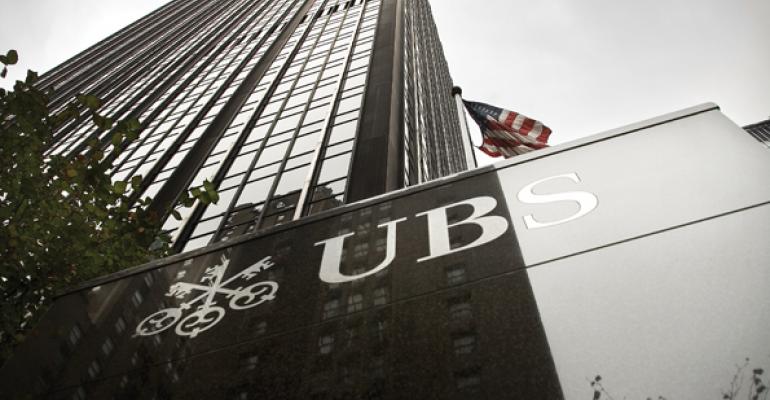UBS Wealth Management Americas’ Wealth Manager Development Program, to launch next year, will upend how the firm recruits trainees, hire fewer of them, and more than double the investment in the program, partially by paying trainees a larger base salary and keeping them in the training program longer. Advisors employed by the brokerage were notified of the program—expected to begin in the second quarter of next year—in a memo sent Oct. 11.
Paul Santucci, the managing director and head of field development and productivity for UBS Wealth Management Americas, said executives challenged the unit to think differently about how it trains advisors. Rather than weeding through a high quantity to winnow out the “best,” UBS has swung the pendulum in the other direction, and will become more selective about who is admitted to the program. “We’re approaching this job search now like we’re an executive search firm.”
Only 160 to 180 new trainees are expected to be hired next year. UBS Wealth Management Americas President Tom Naratil said the group will be about 30 percent smaller than other programs, according to Reuters.
The new program will supplement the existing Wealth Planning Analyst Program and fall under the management of the firm’s Next Generation Advisor team led by Emily de la Reguera.
UBS plans to spend between two and three times as much on the Wealth Manager Development Program. The increased cost stems from higher compensation and a longer training time, Santucci said. The brokerage did not share the dollar amount it spends on each training program.
Most wealth management trainees are paid a salary, which can vary widely across firms and markets. UBS declined to share what it will pay the new group of trainees but said it will be higher than in the past.
In addition to higher pay, the new training program will last three years. The Wealth Planning Analyst Program that began in 2013 lasts only two years.
UBS will use the added year for specialized education that trainees have not been exposed to in the past. Topics like client acquisition and serving clients with holistic wealth management advice beyond investments is the path forward, Santucci said.
Participants will receive the same training that the firm’s private wealth management advisors complete—those advisors are fewer in number and traditionally work with only ultra-high-net-worth clients, which the firm identified as the fastest-growing client base domestically and globally. At the conclusion of their training, participants will be able to take the CFP or CPWA exams as part of their compensation and will be paid more if they complete the certificate programs, a spokesperson said.
Similar to the existing programs, de la Reguera’s team will work with current UBS managers to match program participants with existing offices. In the coming months, advisors interested in expanding their team will go through an application process to determine which would benefit most from an additional advisor.
UBS has also partnered with Jopwell, a job hunting site that matches people from minority backgrounds with jobs in finance and technology. In the memo to employees, UBS said it was the first wealth manager to partner with the company. There is no “cookie-cutter” for candidates, but UBS is focusing on individuals with a track record of professional success, though not necessarily within finance, accounting or law.





